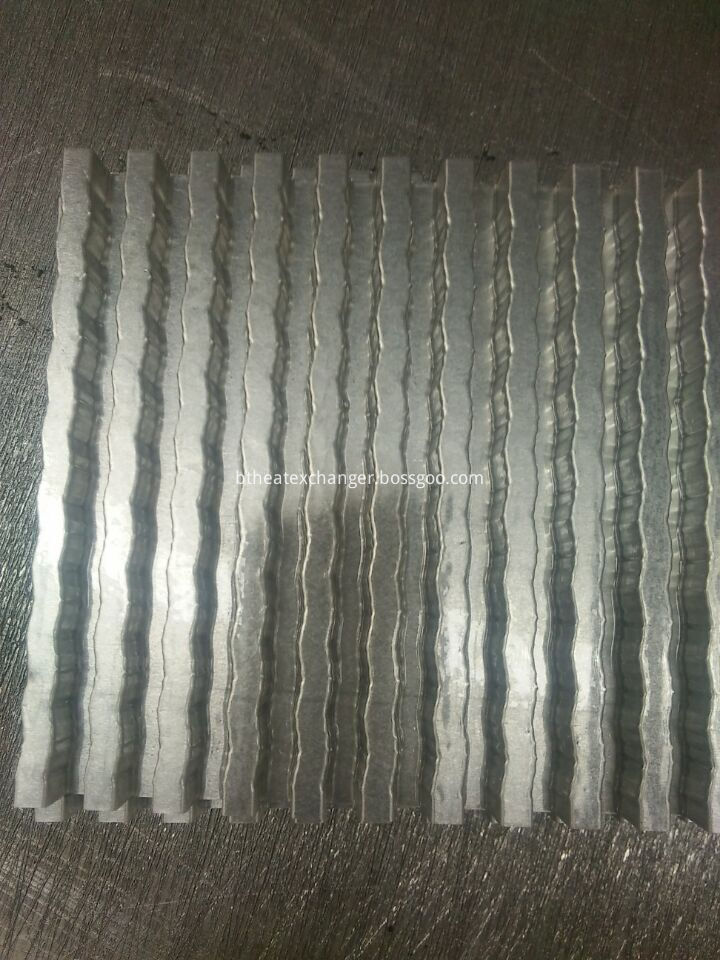New Medical Reform Introduces Controversial Essential Drugs System Against Market Law
"Purchased purchase and marketing" questioned
An industry expert who asked not to be named disclosed that a series of new regulations on "fixed-point production", "direct distribution", and "zero margin" for basic medicines in the new medical reform have been criticized by many people in the medical community as having serious administration. Intervene in color and violate the laws of market economy. The basic drug supply system model listed in the plan was questioned by the medical community as returning to “collective purchase and salesâ€.
“How to fix? Who will decide? Who will distribute? Government or enterprise? Who is the intermediate link?†Wang Jinxia, ​​vice president of the China Pharmaceutical Business Association, said that if the subject before these words is “governmentâ€, it means that there may be rent-seeking. space.
According to the national basic drug system proposed in the new medical reform opinion, the basic drugs shall be subject to tendered or centralized procurement and direct distribution by the state, and the retail price shall be uniformly established based on a reasonable determination of the profit level of the production chain to ensure the production and supply of essential drugs. At the same time, basic medicines are all included in the basic medical insurance system drug reimbursement catalog, the reimbursement rate is significantly higher than non-essential drugs.
“Specifically, certain pharmaceutical companies are required to produce essential drugs, and other companies are not allowed to produce. This does not conform to the laws of the market economy.†Li Lei, director of the Beijing Kangpaite Medical Economic and Technical Research Center, suggested that the focus of the government’s macroeconomic regulation and control should be “National Basicâ€. For the selection of the Drug Directory, the government can require the paying party of the essential drug to guarantee the production and supply of drugs through bidding.
The root cause is still "taking drugs to support medical care."
In fact, the list of essential drugs that triggered such fierce controversy has existed since 1996. However, this directory was almost always in an invisible state. As early as November 2007, the country had identified 10 fixed-point companies such as Shuanghe Pharmaceutical and Dalian Meiluo for the production of 18 essential drugs. However, a person familiar with the matter revealed that the pilot batches of basic medicines could not be implemented. After six months, there are still six companies that have yet to produce. The person bluntly said that the main reason was that the hospital did not want to purchase.
He explained that currently the hospital's drug revenue is increased by 10%-15% on the basis of drug prices and then sold to patients, to earn the difference. The more expensive a drug is, the greater the hospital profits from it, and naturally it is unwilling to use cheap drugs, and there is no production power for the company.
"China is not without the ability to produce essential drugs." Yu Mingde, vice chairman of the Standing Committee of the Chinese Pharmaceutical Enterprise Management Association, said, "It is a pricing and medical service system problem."
"The idea of ​​the basic medicine system is that through the administrative intervention in the production and circulation of essential medicines, the current pharmaceutical supply chain will be transformed into a public welfare orientation," said Dai Hang, director of the Center for Medicinal Circulation Research of the Shanghai Circulation Economy Institute. However, on the one hand, the pharmaceutical market has a strong commercial and competitive nature. On the other hand, the current pseudo-public welfare of medical institutions that use medicine to provide medicine has not yet been cracked. How to balance public welfare and commercial nature is still unknown in medical reform programs. This may make it difficult to implement fixed-point production and fixed-point procurement of the national essential drug system.
"As long as the interest relationship between the hospital and the drug sales is not cut off, the medical system reform will not be deepened." Li Lei said that at present, 80% of China's pharmaceutical sales are in the hands of public hospitals and must be broken. The institutional and medical institutions monopolised the stalemate in drug retailing in order to truly promote the formation of a new order for drug production and circulation. However, for the key reforms such as "separation of management and management" and "medical separation" proposed by the medical service system, there are no concrete realization paths and measures in the new healthcare reform. Industry reshuffle soon
People in the industry generally believe that once the relevant provisions of the national production and supply system for essential drugs are implemented, they will directly change the pattern of the Chinese pharmaceutical industry.
“The starting point of the basic drug system is definitely good,†said a person in charge of a pharmaceutical production company in Jiangsu Province, told reporters, “but companies that enter the basic drug list do not have marketing and promotion, and they can occupy a large number of markets. The future use will be greatly limited.The production and supply of essential drugs should be determined by market competition. If the government's first-hand purchase and marketing can lead to unfair local monopolies and industrial monopolies."
“Although specific operations still need to be further refined, the basic framework for the government to lower drug prices and reduce intermediate circulation is already very clear. The future of the pharmaceutical market, the government-led trend will become more and more obvious.†Dai Hang told reporters, With more basic drugs entering the medical insurance catalog, a large number of rebates and advertising drugs will be reduced accordingly. Whether or not you can enter the basic drug list will be the key to the survival of many companies; in the past, pharmaceutical circulation models relying on pharmaceutical representatives and huge investment in marketing resources will also be There will be earth-shaking changes. "For pharmaceutical distribution, pharmaceutical distribution, distribution, distribution, etc., the days of the future may be even more difficult."
Aluminum plate-fin heat exchanger ( air cooler, oil cooler, water cooler, combi coolers) are widely used for agricultural&forestry machines.
Whatever the fin, tank and fan, all can be made and assembled in the most effective ways for customers` application.
Big pitch ( 4~12mm) wavy fins are specially designed for agricultural&forestry machines.
Special corrugated fins can more greatly improve heat transfer efficiency than ordinary fins.
We also supply fins, fin forming moulds and fin forming machine. Our engineers have the most professional and enriched experience to design
and produce all kinds of fins tooling moulds.
Advantage:
Compact, Lightweight, High Efficient Heat Transfer


Agriculture&Forestry Machine Cooler
Industrial Oil Coolers, Hydraulic Oil Cooler,Air Cooler,Water Cooler,Aluminum Radiator,Combi Coolers
Wuxi Better Technology Co., Ltd , https://www.btheatexchanger.com